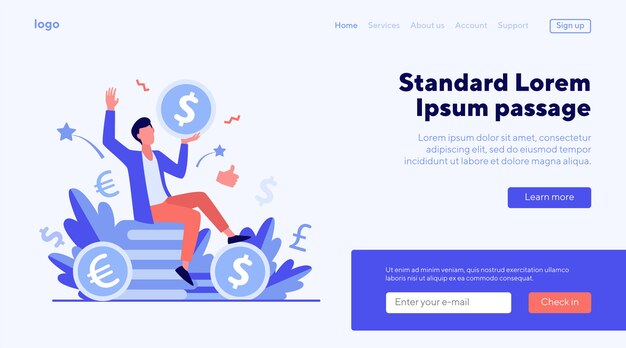
Financial freedom might seem impossible when you’re buried in debt, but just like climbing Mt. Everest, you get there one step at a time.
Many Americans are just one medical emergency or natural disaster away from bankruptcy. Their finances are so fragile that any disruption in income or an increase in debt could push them over the edge.
To successfully tackle your debt, you need a solid plan. Paying off your debt will allow you to focus on other financial goals and find stability. Let’s dive in!
With high inflation and interest rates, it’s more crucial than ever to eliminate debt and build savings. A recent survey found that 35 percent of people owe more than they have in emergency savings.
Start by getting a clear picture of your debt. List all your loans, credit cards, fines, child support payments, and any collections. Note the amount owed, interest rates, and any missed payments. This will help you prioritize your debts.
Having these numbers in front of you can be very helpful. Your credit report can show what repayment plans you might qualify for, and a detailed budget can highlight areas where you can cut back. This will also show how much money you can allocate to debt repayment.
Once you understand your income versus your debts, you can create a perfect plan. If you’re unsure, consider consulting a financial adviser. They can help you review your finances and find the best options.
The snowball method involves listing your debts from smallest to largest and paying off the smaller ones first. For example, if you have a $1,000 credit card debt and a $200 bill in collections, start with the collections bill.
The avalanche method focuses on paying off debts with the highest interest rates first. Since interest compounds on your original debt, tackling high-interest debts first can save you money in the long run.
Debt consolidation combines multiple debts into one account. This is ideal for those with several high-interest debts, as paying interest on one bill can be cheaper than on multiple ones. Consolidating your debt also makes it easier to manage.
Making only the minimum monthly payment won’t help you get out of debt. It could even result in more debt due to interest. Always aim to pay above the minimum, and if possible, make multiple payments each month. Small sacrifices, like making coffee at home instead of buying it, can add up.
Debt settlement involves negotiating with creditors to pay less than what you owe. You’ll need a professional to help with this. While it won’t erase your debt, it will reduce it. This option can hurt your credit score and stay on your report for seven years, but it’s better than leaving your debt in collections.
Finding the money to pay off debt can be stressful, so here are some extra tips:
1. A simple phone call to your lender could reduce your interest rates. Know your credit score, last late payment, and how your current rates compare to the national average before calling.
2. Forbearance allows you to temporarily pause loan payments, but interest will still accrue. This should be a last resort.
3. Consider finding a roommate to share utility bills and rent. Use social media groups or websites to find a suitable match.
4. Pick up a second job or side gig, or sell unused items around your home. Old electronics can fetch a decent price.
5. Cut back on luxuries. Pause subscriptions, skip weekend outings, and cook at home instead of eating out. Redirect that money towards your debt.
By making these changes, you can start chipping away at your debt and move closer to financial freedom.